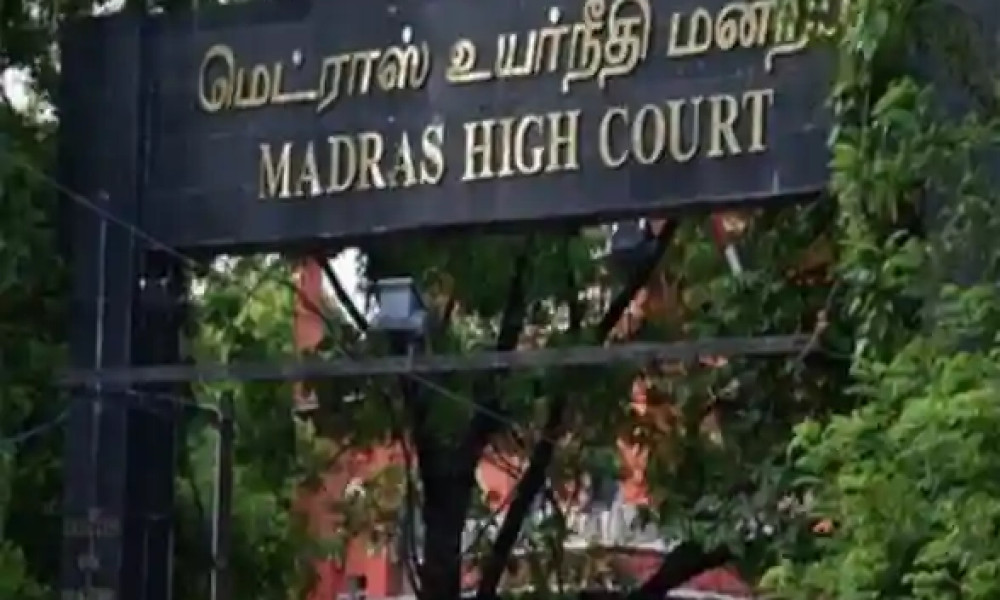The Madurai Bench of the Madras High Court has rejected anticipatory bail petitions from TVK leaders Anand and CTR Nirmalkumar. This decision comes in connection with the tragic Karur stampede that claimed many lives. The court’s ruling underscores the seriousness of the incident and the legal accountability facing the party officials.
Forty-one people died and numerous others were injured during the public rally led by actor-politician Vijay. The event, organized by Tamizhaga Vettri Kazhagam, drew an overwhelming crowd. Preliminary reports indicate that poor crowd management was a key factor in the chaos that ensued.
Justice N Senthilvkumar also dismissed a similar bail plea from TVK district secretary N Sathish Kumar. The judge questioned the party’s failure to control the mob effectively. He pointed to the unruly behavior of party cadres, who caused damage to public properties during the roadshow.
Government Advocate S. Santhosh presented nine FIRs against party members. These reports detail the destruction of public properties and were used to oppose the bail petitions. The evidence highlights the legal challenges TVK faces in the aftermath of the stampede.
Advocate ML Ravi spoke to media in Madurai about a petition to transfer the investigation to the CBI. He sought an impartial probe into the incident. However, the Madras High Court dismissed this request, maintaining the current investigative framework.
A Special Investigation Team has been formed under Inspector-General of Police Asra Garg. This SIT will lead the probe into the Karur stampede. The court has directed Karur police to immediately hand over all relevant documents to the team.
The court has imposed a ban on political rallies and roadshows along state and national highways. This prohibition will remain until Standard Operating Procedures are developed. The aim is to prevent future tragedies like the Karur stampede.
Four Public Interest Litigations prompted the court’s actions. These petitions called for the creation of SOPs for mass gatherings. The court’s response reflects a commitment to public safety and accountability.
The government has assured the court that no meetings will be permitted on highways except in designated areas. This assurance aligns with the court’s directives until the SOPs are finalized. It marks a step toward stricter regulation of public events.
The Karur stampede has sparked widespread concern over event management. The high court’s involvement emphasizes the need for proper protocols. Legal proceedings continue to unfold as investigations progress.
TVK leaders are under scrutiny for their roles in the incident. The denial of bail signals the court’s stance on accountability. The case may set precedents for how such events are handled legally.
Public safety remains a top priority in the wake of the tragedy. The court’s orders aim to mitigate risks in future gatherings. The development of SOPs is crucial to preventing similar incidents.
The stampede has left a lasting impact on the community. Families of the victims seek justice and preventive measures. The legal outcomes will likely influence political event planning across the state.
As the SIT investigates, more details may emerge about the causes of the stampede. The focus is on ensuring a thorough and fair process. The court’s rulings so far highlight the gravity of the situation.

